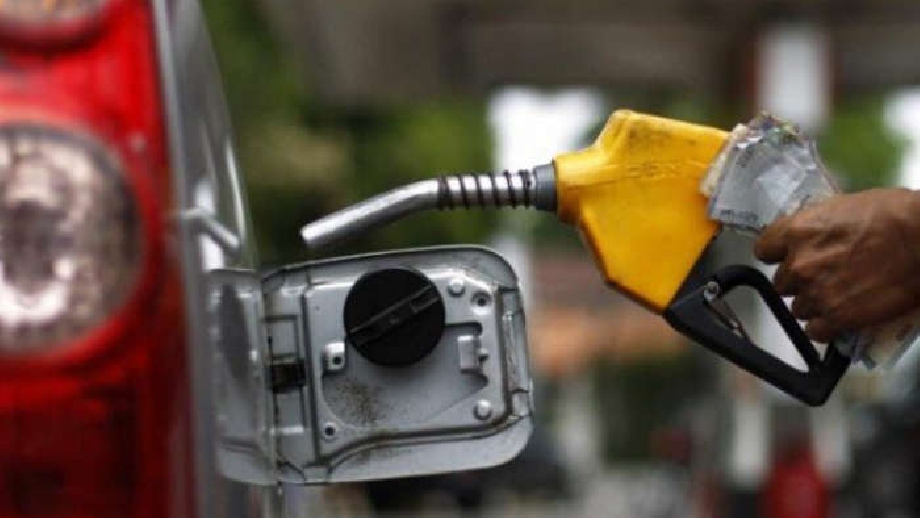Nigerians in the capital city of Abuja saw a welcome shift in fuel costs this week as the Nigerian National Petroleum Company Limited (NNPCL) slashed petrol pump prices at several of its retail outlets. The state-owned oil firm reduced Premium Motor Spirit (PMS), commonly known as petrol, to ₦890 ($0.60) per liter on Thursday, down from ₦945 ($0.63). The adjustment reflects a nationwide trend linked to market dynamics, including a recent pricing move by Africa’s largest refinery and fluctuations in global oil benchmarks.
A Media Talk Africa correspondent confirmed the revised rates at multiple NNPCL stations across the Federal Capital Territory, including high-traffic locations like Danziyal Plaza in the Central Area and outlets in Wuse Zones 4 and 6. An unnamed fuel attendant at one station noted the change took effect Thursday afternoon. The ₦55 reduction marks the first significant price drop since Nigeria’s controversial decision to end fuel subsidies in May 2023, which had initially caused costs to spike above ₦600 per liter.
The development follows similar cuts by private operators. Earlier on Thursday, MRS Empire Energy, a major retailer, adjusted prices at its stations to between ₦885 and ₦946 per liter, down from ₦910 and ₦955. Market analysts attribute these shifts to two key factors: the Dangote Refinery’s decision to lower its ex-depot (wholesale) petrol price by ₦30 to ₦820 per liter earlier this week and a recent dip in Brent crude oil prices, which fell to $84 per barrel after topping $90 in April.
While the NNPCL has not issued an official statement, industry observers suggest the refinery’s pricing strategy—a first since it began domestic petrol distribution in May—is reshaping competition. As Africa’s largest single-train refinery, Dangote’s 650,000-barrel-per-day facility reduces Nigeria’s reliance on imported fuel, historically a major contributor to pricing volatility. Falling global crude prices have further eased pressure on local fuel importers and distributors.
The price reductions offer temporary relief to households and businesses grappling with inflation rates exceeding 33%. However, experts caution that sustained stability depends on broader factors, including foreign exchange liquidity for importers and consistent local refining capacity. For now, motorists in Abuja are cautiously optimistic. “Every naira saved matters,” said a taxi driver refueling at an NNPCL station in Wuse, “but we’ve seen prices swing up again before. Let’s hope this lasts.”
As Africa’s largest economy navigates the complexities of energy sector reforms, the interplay between domestic refining and global market trends continues to shape the cost of living for its 220 million citizens.
